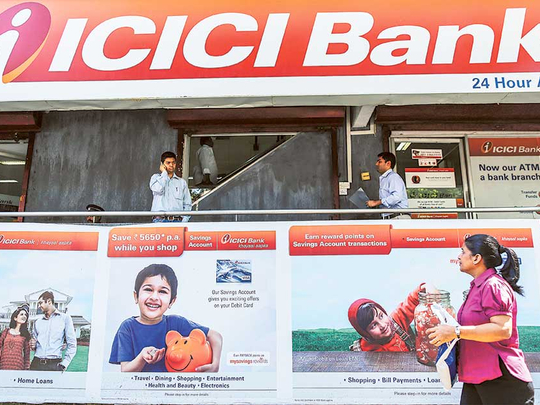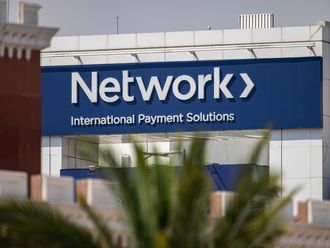
Mumbai: India eased rules to allow applicants to seek permits for setting up banks on a continuous basis, replacing a system that created long delays between approvals.
According to the rules — posted on the Reserve Bank of India’s website Monday — professionals with senior-level banking experience of at least 10 years can apply for a license, as well as companies controlled by resident Indians that have been in operation for at least a decade.
By accepting applications at any time, India is changing up the existing approval structure that had previously granted permits in intervals of about a decade since 1993. Bandhan Financial Services Ltd. and IDFC Bank Ltd. were the last two lenders to get licenses when the RBI last issued them in 2014.
The central bank is attempting to bolster lending in Asia’s fastest-growing major economy and expand the reach of financial services into remote towns and rural districts. Recipients of the permits will be required to open their banks within 18 months, and one out of four branches must be located in towns with no banking services and fewer than 10,000 people, the RBI said.
“Such a policy would increase the level of competition and bring new ideas into the system,” the RBI said in its statement.
Not Eligible
Any new bank should have a minimum paid-up capital of 5 billion rupees ($75 million) and would need to list on a stock exchange within six years of starting business, according to the central bank.
The RBI said state-run companies and “large industrial houses” won’t be eligible to apply for permits, though the conglomerates will be allowed to own as much as 10 per cent in new banks.
India had 27 state-run banks that accounted for more than 70 per cent of outstanding loans as of March 2015, RBI data show. The country’s 22 private lenders, led by ICICI Bank Ltd., held more than 20 per cent of bank credit, while about 45 foreign banks accounted for the rest, the data show.
RBI gave in-principle permits to 10 small finance banks and 11 payments banks last year. Three of the companies which got approval for payment banks have opted out of setting up their businesses.
“The banking sector in India is overcrowded with small finance banks and payment banks already in the fray,” said Gaurang Shah, a vice president at Geojit BNP Paribas Financial Services Ltd. “It remains to be seen which individuals or companies will have conviction, capacity and capability to enter this highly-competitive segment.”











